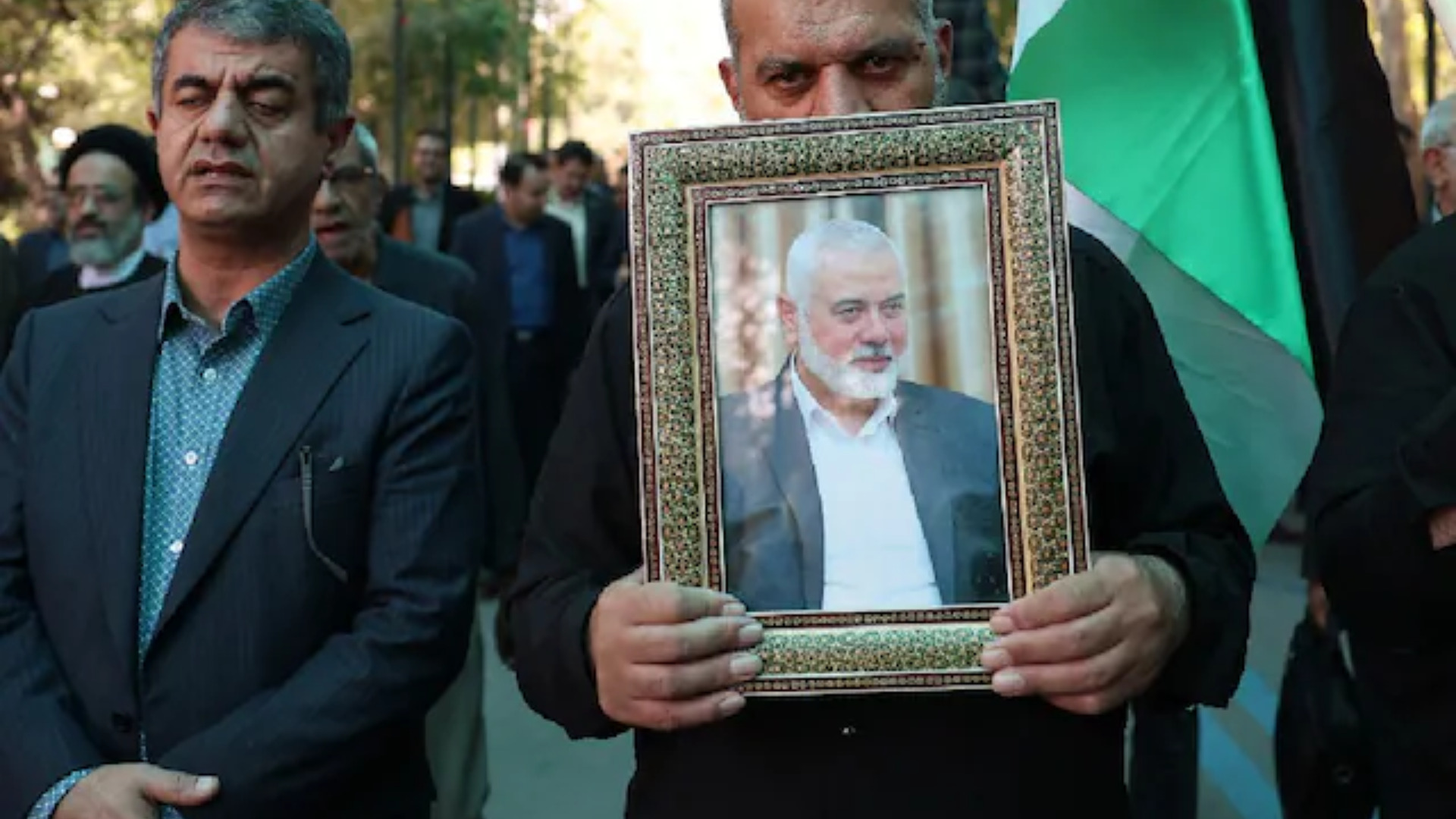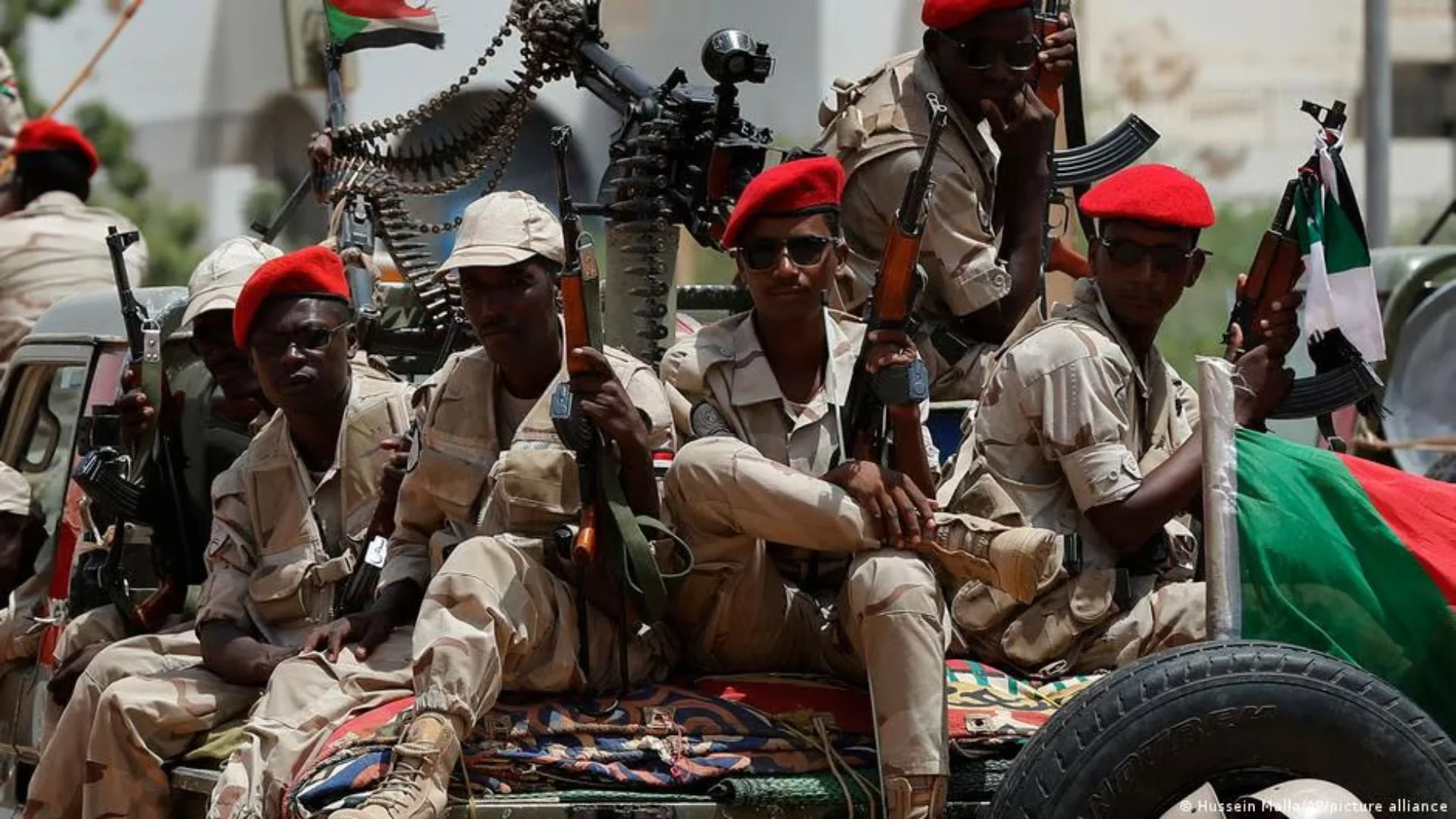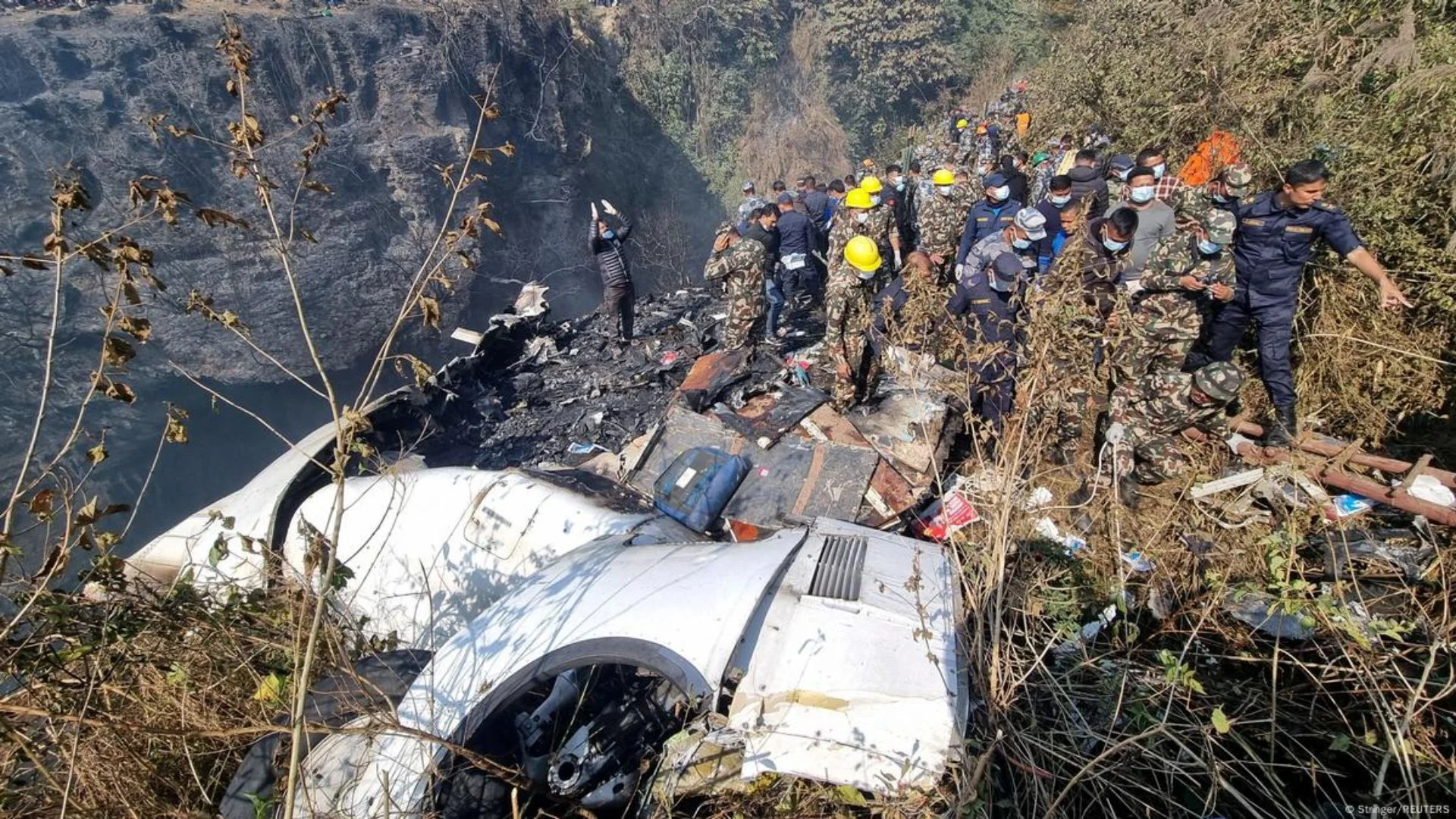The assassination of Hamas political chief Ismail Haniyeh on Wednesday has heightened fears of a broader regional conflict and may influence efforts for a ceasefire between Israel and Gaza, analysts told Al Jazeera.
Haniyeh was killed during an event marking the inauguration of Iran’s reformist President Masoud Pezeshkian in Tehran. Hamas has accused Israel of the assassination, describing it as a “treacherous Zionist raid” on Haniyeh’s residence. Israel has yet to comment on the accusation. The attack follows a recent Israeli strike in Beirut that killed Fuad Shukr, a senior Hezbollah commander, and occurred shortly after an attack in the Israeli-occupied Golan Heights that killed 12 Druze children, for which Israel blamed Hezbollah.
The deaths of Haniyeh and Shukr could lead Iran and Hezbollah to respond carefully to avoid escalating into a full-scale regional conflict. U.S. and European Union diplomats are reportedly working with regional counterparts to de-escalate the situation. The EU’s focus is on Iran, which has vowed “harsh revenge” for Haniyeh’s killing.
Despite the threats of retaliation, experts suggest Iran might avoid major escalation, similar to its response in April when it targeted Israel with missiles and drones after an Israeli attack on its consulate in Syria. This measured approach was intended to avoid broader conflict.
The assassination of Haniyeh, a key figure in the Gaza ceasefire negotiations, could either hinder or advance the peace process. Israel’s war on Gaza has caused significant casualties and displacement, leading to ongoing ceasefire talks. However, Israeli Prime Minister Benjamin Netanyahu’s political position and the complex dynamics of the conflict may affect the prospects for a deal. Some experts believe that Netanyahu might use the assassination as a political tool to support a ceasefire, portraying it as a victory that could facilitate negotiations.
On the other hand, Azmi Keshawi from the Crisis Group warns that Israel might face tougher negotiations if Haniyeh’s successor is a harder liner. With mounting pressure on the Israeli military and calls for a ceasefire from within Israel, the situation remains fluid.
The assassination of Haniyeh also restores some confidence in Israel’s security apparatus, which had been criticized for its handling of the October 7 Hamas-led attack. Analysts suggest that while Iran’s proxies may respond, a prolonged, low-intensity conflict is more likely than an all-out war.
U.S. support for Israel is seen as a key factor in the current tensions. Critics argue that unconditional backing has emboldened Israel and exacerbated the crisis, potentially derailing efforts for a ceasefire and escalating regional conflicts.







